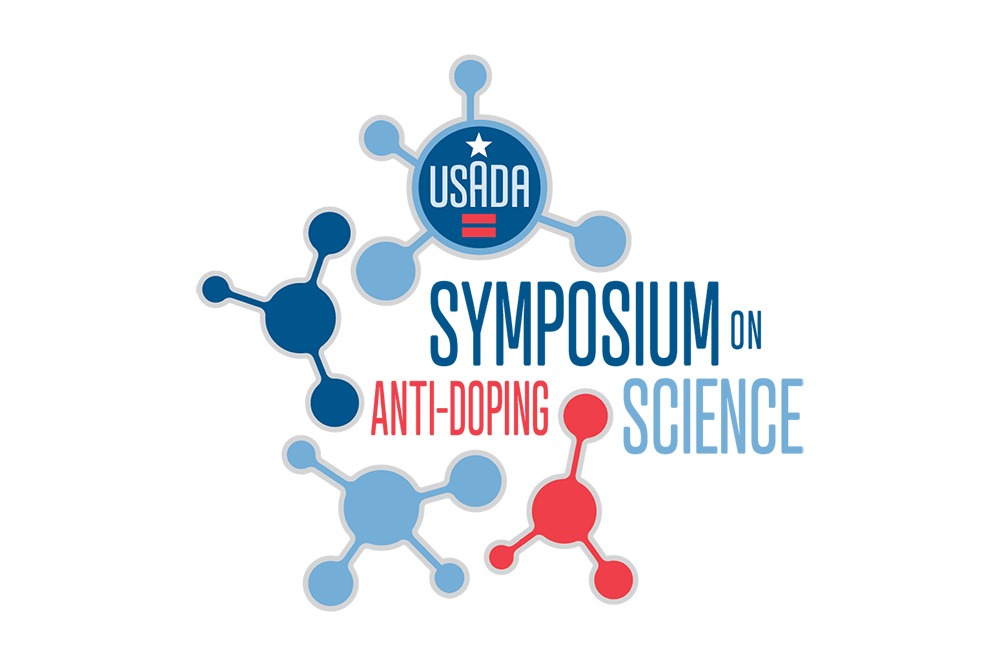
USADA Hosts World’s Experts to Identify Normal v. Abnormal in Elite Performances
USADA hosted the 21st Annual USADA Science Symposium to explore how we can differentiate between truly extraordinary achievements and those aided by doping.
U.S. Anti-Doping Agency (USADA)
Click here to log in to the
Athlete Connect application
Click here to view your
test history and results

USADA hosted the 21st Annual USADA Science Symposium to explore how we can differentiate between truly extraordinary achievements and those aided by doping.
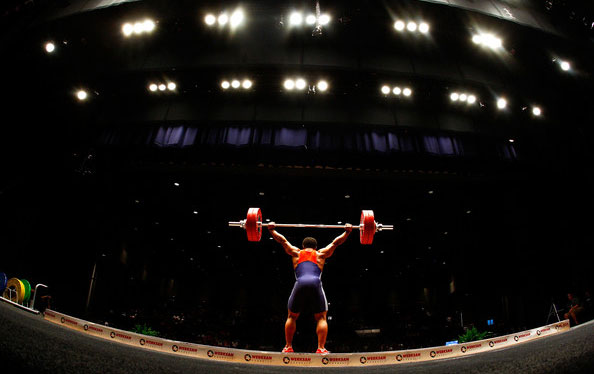
Joshua Bringas, an athlete in the sport of weightlifting, has accepted a three-year suspension for an anti-doping rule violation.
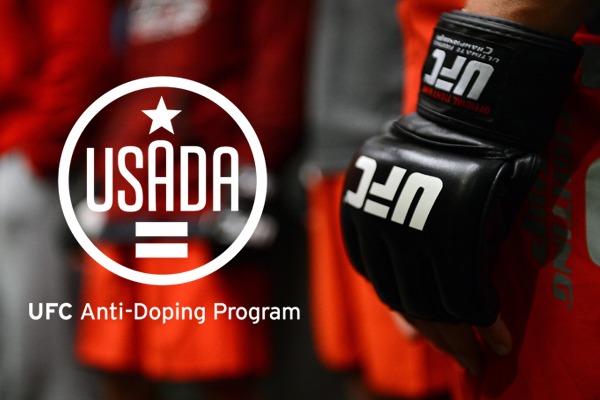
Elizeu Zaleski dos Santos, of Curitiba, Brazil, has accepted a one-year sanction for a violation of the UFC Anti-Doping Policy.
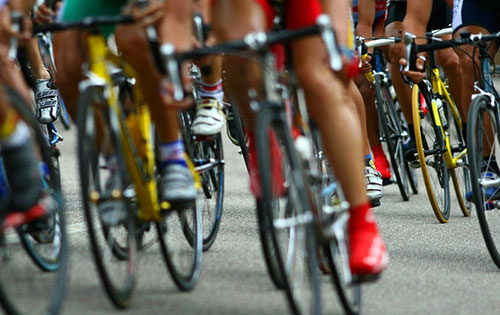
Cycling athlete Olivia Ray of New Zealand has accepted a two-and-a-half-year suspension for an anti-doping rule violation.
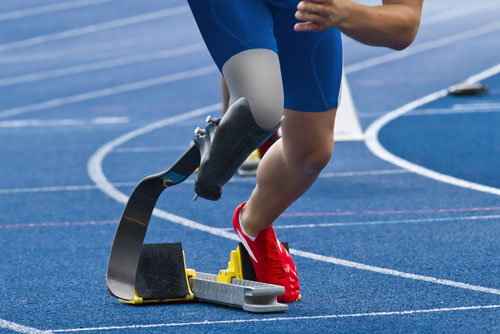
Richard Browne, an athlete in the sport of Paralympic track and field, has accepted a three-month period of ineligibility for an anti-doping rule violation.
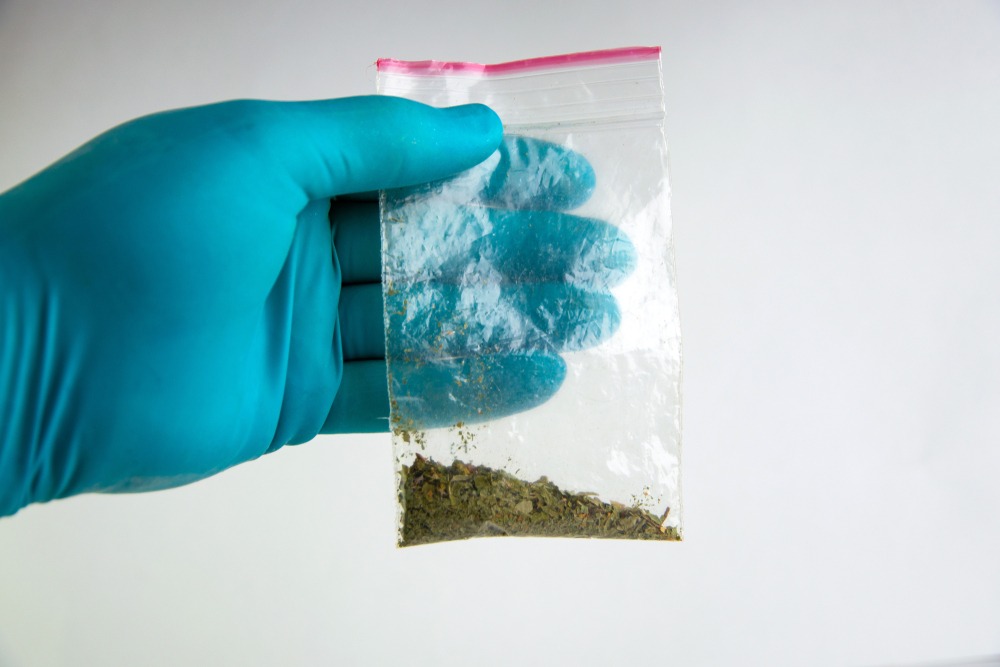
While cannabinoids have become more popular, it’s important for athletes to know that these substances are still prohibited in competition.

Timothy Hearn, an athlete in the sport of weightlifting, has accepted a three-year suspension for an anti-doping rule violation after testing positive for multiple prohibited substances and using prohibited methods.

Nelson Trujillo, an athlete in the sport of cycling, has accepted a 12-year suspension for his first and second anti-doping rule violations.

Clint Jordan, of Colorado Springs, Colo., an athlete in the sport of weightlifting, has received a four-year period of ineligibility for an anti-doping rule violation.